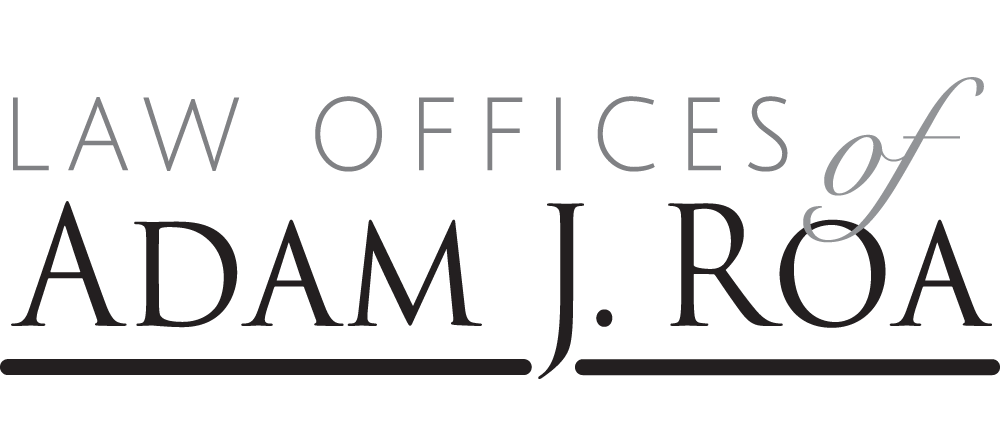Should I Sign the Nursing Home Contract?
A very common situation for my clients (or potential clients) find themselves in is the chaotic situation of transferring their parent from a hospital to an area nursing home for rehabilitation. It is in this situation, when emotions are high, people are tired, that the nursing home will, at the last second, wants the son or daughter…
